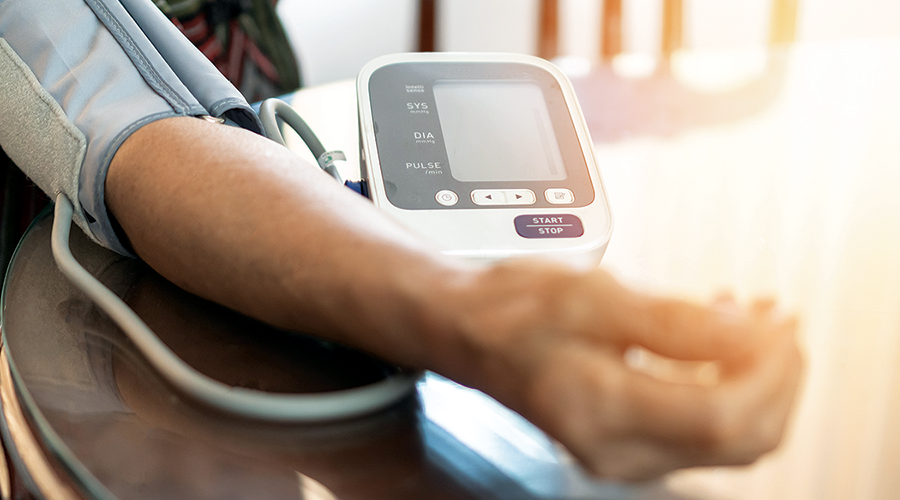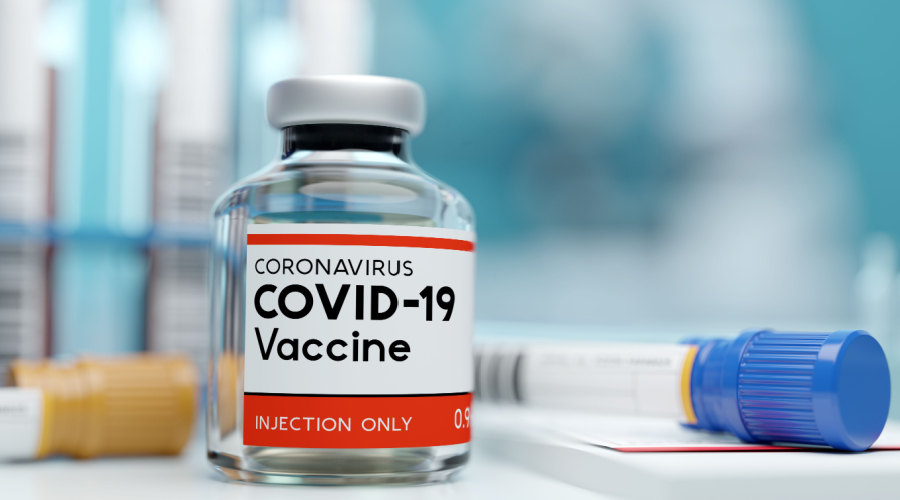Nearly 64 million people in the United States and 1.4 billion people worldwide are born genetically predisposed to the cholesterol known as Lipoprotein(a), or Lp(a). High Lp(a) levels are inherited from family and are a common independent risk factor for cardiovascular disease. Sadly, most people have no idea they’re at risk.
Lp(a) shares some characteristics in common with LDL, the bad cholesterol. This type of cholesterol leads to the buildup of plaque in arteries and causes reduced blood flow to the heart, brain, kidneys, legs, and other parts of the body. This can result in blood clots, deadly heart attacks, and strokes by middle age.
Unfortunately, exercise, a healthy diet, and other lifestyle changes have very little impact on levels of Lp(a). It’s also been found that taking medications that reduce bad cholesterol, such as statins, also fail. But there is promising news regarding Lp(a).
An experimental drug called pelacarsen, from drugmaker Novartis, was found to significantly drive down Lp(a) levels in 98 percent of people taking it. Researchers are now trying to find out whether the lower Lp(a) will truly reduce early and potential deadly heart attacks and stroke.
There are four other drugs that target Lp(a), and they’re currently in various stages of research. The early results for Eli Lilly’s drug, lepodisiran, showed that a single injection reduced levels of Lp(a) to undetectable levels for nearly one year. In fact, the drug can drive down Lp(a) by more than 94 percent for 48 weeks. Amgen’s drug, olpasiran, shows similar results; and a drug called zerlasiran is currently being studied by Silence Therapeutics. Pelacarsen, along with the other drugs mentioned, are given as an injection. An oral drug called muvalaplin is in the process of being tested by Eli Lilly.
The first, real-world results for pelacarsen won’t be revealed until sometime next year. In the meantime, doctors can continue treating patients’ other heart disease risk factors, such as managing their blood pressure and statins to bring down other forms of cholesterol. Doctors can measure patients’ Lp(a) and identify high-risk patients. They can also be proactive about prevention by counseling patients to maintain a healthy weight, exercise regularly, stop smoking, and eat a healthy diet. While Lp(a) isn’t affected by lifestyle changes, it’s still important to lower your overall risk of heart attack and stroke.
How to get screened for Lp(a):
- Talk with your healthcare professional about screening for Lp(a).
- Then, get a simple blood test that can be done at your doctor’s office or diagnostic lab center.
From the Magazine
This article was published in our quarterly print magazine, which covers relevant topics in greater depth featuring leading experts in the industry. Subscribe to receive the quarterly print issue in your mailbox. All registered independent pharmacies in the U.S. are eligible to receive a free subscription.
More articles from the March 2024 issue:
- A New Year, a New Mindset
- Spring Clean Your Front End
- Find Your Niche
- Diabetic Sales
- Common Accounting Errors
- When Disaster Strikes
- Catering to Family Caregivers
- The Silent and Deadly Cholesterol
A Member-Owned Company Serving Independent Pharmacies
PBA Health is dedicated to helping independent pharmacies reach their full potential on the buy-side of their business. Founded and run by pharmacists, PBA Health serves independent pharmacies with group purchasing services, wholesaler contract negotiations, proprietary purchasing tools, and more.
An HDA member, PBA Health operates its own NABP-accredited warehouse with more than 6,000 SKUs, including brands, generics, narcotics CII-CV, cold-storage products, and over-the-counter (OTC) products — offering the lowest prices in the secondary market.












